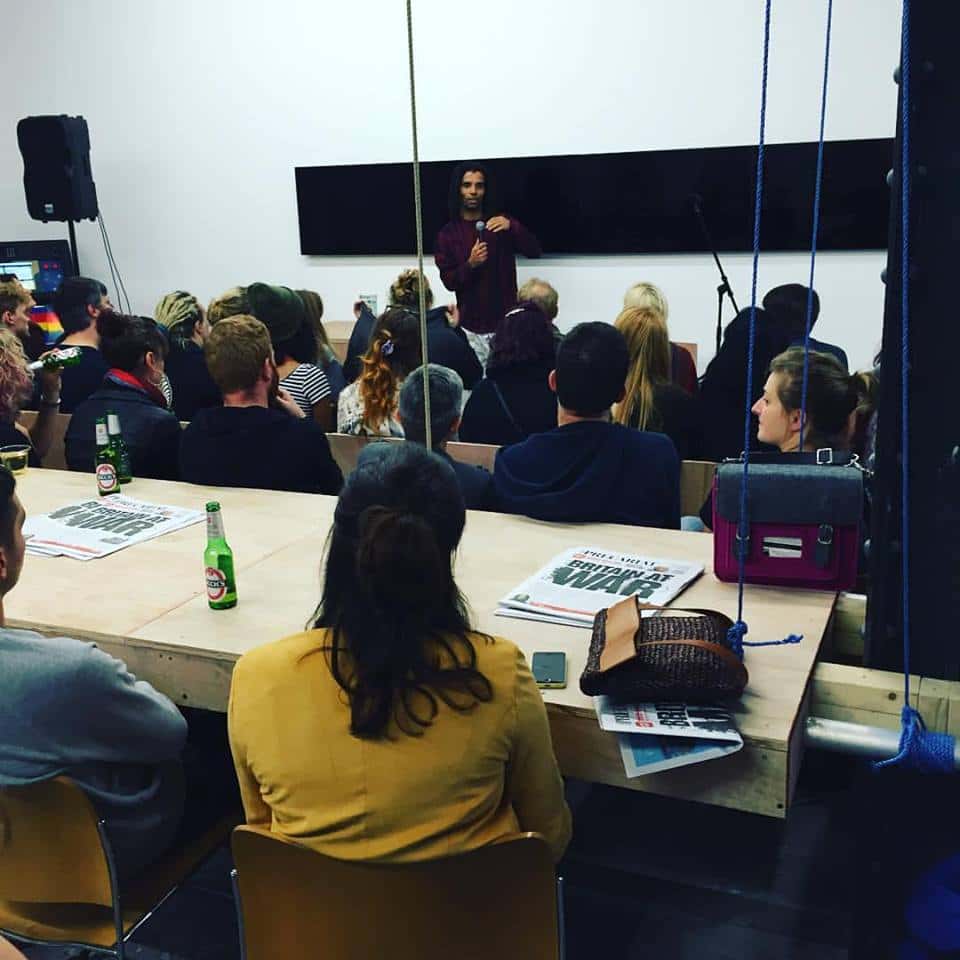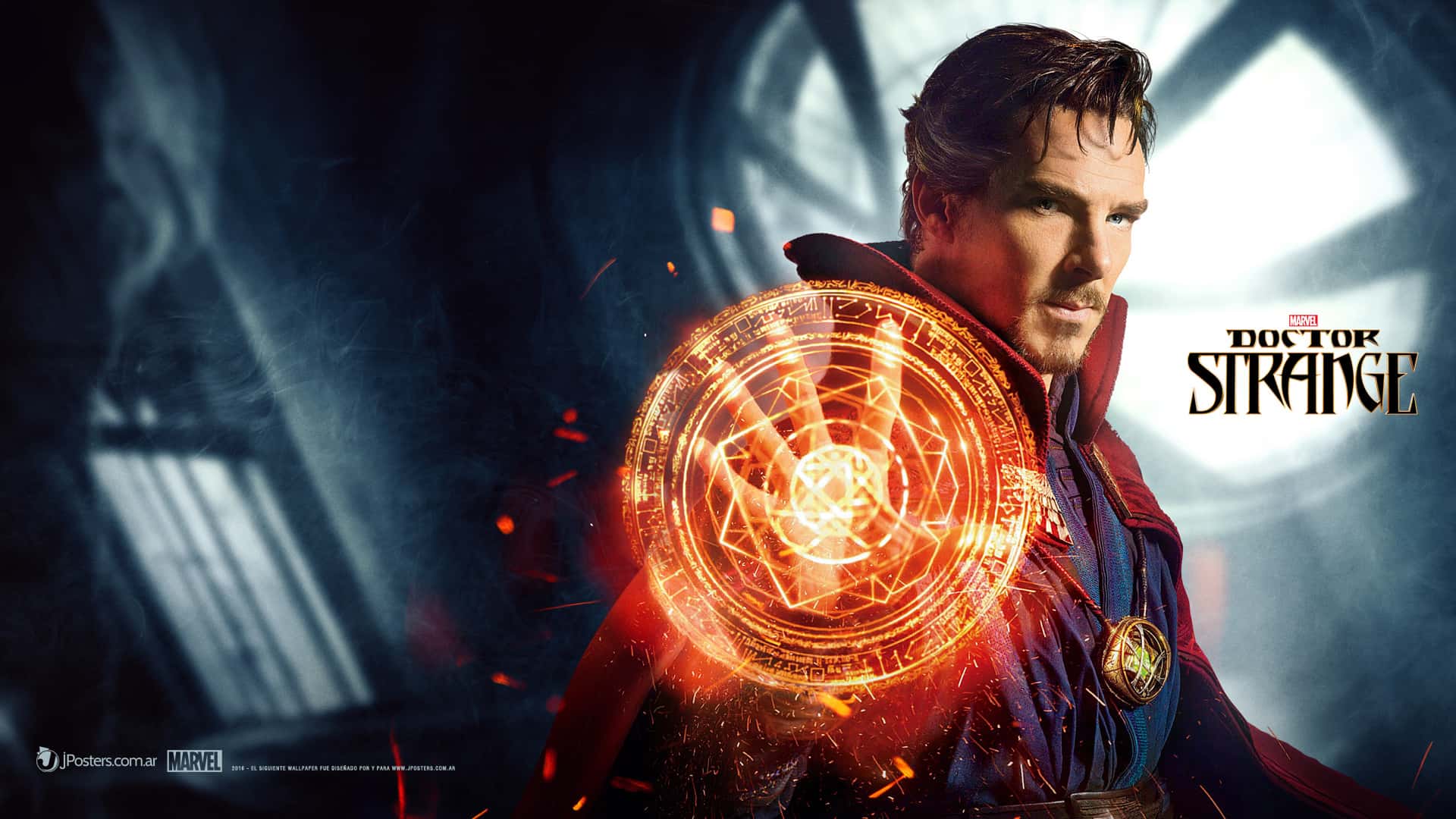Hidden Civil War: Akala and Ruth Nyimba Lead Talk on Class Warfare.
10th October 2016Politicians, musicians and high profile celebrities are seldom found wandering the streets on their own. I had to look twice when I witnessed a passerby ask MOBO Award winning hip-hop aritst, Akala, for directions at the bottom of Northumberland Street on Saturday. Akala has become a leading figure in engaging young people and minorities within politics. Heading towards The Newbridge Project building with the rapper-activist, I asked him why he was walking around the streets of Newcastle on his own. It’s not that I think he, or any celebrity, should behave different to anyone else. It’s just that usually people of his (and often lesser) stature and influence usually at least have some form of security. His reply, “why not?”, epitomised his entire ethos, of which equality is crucial, which was shown during his discussion of the ‘Hidden Civil War’ Britain currently faces.
The ‘Hidden Civil War’ festival runs across Newcastle until 30th October. There are exhibitions, films and talks throughout this month, open to the public. All can be found on The NewBridge Project website. Whether you’re new to the cause (like I am), or a heavily involved, well-known figure such as Akala, all are welcomed to these events. I’m not one to typically attend these talks, or read much. I personally prefer to use music as a source for insight, much like Akala found influence within Wu-tang Clan’s science-based raps. Akala managed to articulate himself in such an intelligent manner, as he always does. I could have listened to him talk all day. I’m sure much of the ‘Hidden Civil War’ events will follow suit, and will be well worth checking out.
Prior to Akala, Ruth Nyimba’s reading of heartbreaking poems reflected on the concept of war. Whether it be her ‘War on Humanity’ piece or the immensely powerful ‘Powder’, a poem centred around the children of Afghanistan and their addiction to cocaine, its clear conflict plays a major role in Ruth’s poetry. Akala followed. Opening with a breath-taking rendition of the verse he performed during his fourth ‘Fire In The Booth’, taken from his graphic novel ‘The Ruins of Empires’, He also performed the piece during his gig at Riverside later that night.
The ‘Shakespeare‘ bar-smith would also read two more poems. Both of those had focused around inequality and civil war between the classes. Between each reading, Akala took the time to express his inspirations behind the pieces, expanded on the ideas he developed from them and drew parralels between modern day issues with their historical contexts. Repeatedly reminding us that the world is not always progressing, during his ‘Hidden Civil War’ talk, Akala expressed that he believed societies have regressed and are more than capable of repeating the same mistakes.
Following his poetic performances, Akala took the time to answer questions. Those provoked various conversations ranging from the MC remarking on the importance of ‘good’ art to influence activism and his thoughts on Jeremy Corbyn. Whilst the talk was predominantly politically charged, Akala was just as passionate about his disdain for ‘mumble rap’ as he was after hearing an account of a homeless man being arrested for dancing in the street. Perhaps most poignant were his final words. No big metaphors, or philosphical quote, Akala simply urged people to be the best they could be, and try their best to have a positive impact on the world.
Ruth Nyimba – War On Humanity
A group stands around a drowning soul
No one reaches out to save them
The barely there eyes count many feet walk by
Few stop just to gawk
To have a story to share with others
Over tea they discuss how disgusting it was
For that person to decide to drown in their backyard
The audacity of the person baffles them
A shield prevents them from seeing past their nose
Of horrors others have faced
Of constant fear that led them to run to the water
Of towns deserted, lives halted, dreams shuttered
Prices on girls, unmarked graves for husbands, guns handed to captured, young men
Of whole lives reduced to a clear plastic bag
In which it holds few saveable items of home and precious few gifts from strangers


